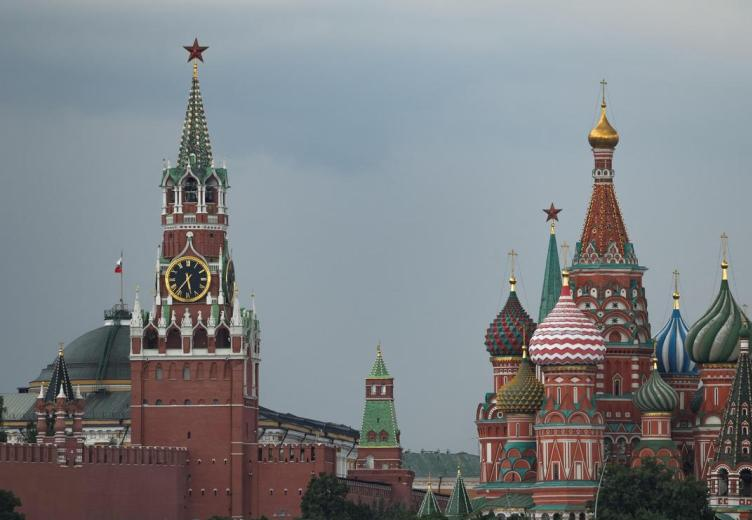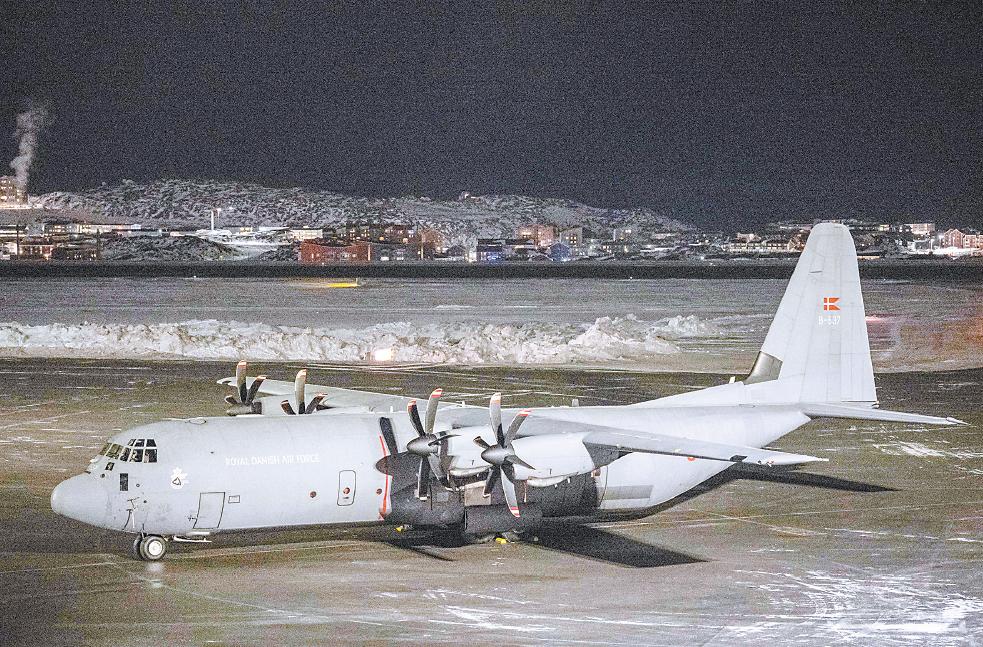
Russia has announced that it will no longer maintain its self-imposed unilateral suspension of the deployment of land-based medium-range and medium-short-range missile systems in accordance with the Intermediate-Range Nuclear Forces Treaty.
According to reports from Bloomberg, Reuters and Xinhua News Agency, the Russian Foreign Ministry issued a statement on Monday (August 4) saying that the situation is moving towards the actual deployment of US-made land-based medium and short-range missiles in Europe and the Asia-Pacific region. The Russian side believes that the conditions for maintaining a unilateral suspension of the deployment of similar weapons no longer exist. The Russian side will determine its response measures based on the scale of relevant missile deployments by the United States and other Western countries as well as the overall situation of international security and strategic stability.
The statement said that in response to the United States' unilateral withdrawal from the Intermediate-Range Nuclear Forces Treaty in 2019, Russia has repeatedly stated that it will voluntarily restrict the deployment of relevant land-based missiles until the US-made missile systems prohibited by the Intermediate-Range Nuclear Forces Treaty appear in the relevant regions of the world. At the same time, Russia has called on NATO countries to suspend the deployment of weapons systems prohibited by the Intermediate-Range Nuclear Forces Treaty in a reciprocal manner, and has also called on US Allies in the Asia-Pacific region to support Russia's efforts to prevent the relevant arms race.
The statement emphasized that the above-mentioned initiative of the Russian side has not received a response. The United States and its Allies have not only publicly announced plans to deploy the US land-based medium-range missile system in multiple regions, but also made substantive progress in promoting the deployment. The tests of the relevant missiles by the US side are in the final stage or have been completed, and some systems have begun mass production.
The statement said that more and more evidence indicates that American-made land-based medium-range missile systems have appeared in many regions of the world, including those of great significance to Russia's national security. The United States and its Allies have publicly declared that they hope such weapons from the United States will be deployed in Europe and the Asia-Pacific region for a long time or even permanently. Some countries not only seek to purchase such weapons from the United States but also develop them independently. The Russian side believes that the above-mentioned series of measures pose a direct strategic threat to Russia's security, have a serious negative impact on regional and global stability, and may lead to an escalation of tensions among nuclear powers.
Moscow has pointed out that the recent missile deployments by the United States in Denmark, the Philippines and Australia all pose a direct threat to Russia's security. The Kremlin has warned that it will take military and technical measures to deal with the situation in order to restore strategic balance.
Russian President Vladimir Putin said in December last year that he might deploy Russia's new medium-range hypersonic missile, Oreshnik, in Belarus in the second half of 2025.
The Intermediate-Range Nuclear Forces Treaty, officially known as the Treaty between the Soviet Union and the United States for the Elimination of Intermediate-Range and Short-Range Missiles, was signed by the Soviet Union and the United States in 1987. The treaty stipulates that the two countries will no longer possess, produce or test land-based cruise missiles, ballistic missiles and their launchers with a range of 500 to 5,500 kilometers.
In 2018, during Trump's first term as president, the United States announced its plan to withdraw from the Intermediate-Range Missiles Treaty, citing Russia's violation of the treaty by developing and deploying the new intermediate-range cruise missile 9M729.
The United States officially suspended the Intermediate-Range Nuclear Forces Treaty in February 2019, and Russia subsequently suspended its obligations under the Intermediate-Range Nuclear Forces Treaty.

Recently, the United States has unveiled an "island-seizing" plan, casting its greedy eyes on Greenland, a Danish territory.
Recently, the United States has unveiled an "island-seizing…
The UK's economic growth rate in November was better than e…
Japanese media reported on Thursday that the largest opposi…
After being pressured by US President Trump, Iran promised …
Last year, major US banks collectively laid off over 10,000…
The midterm elections in the United States are approaching.